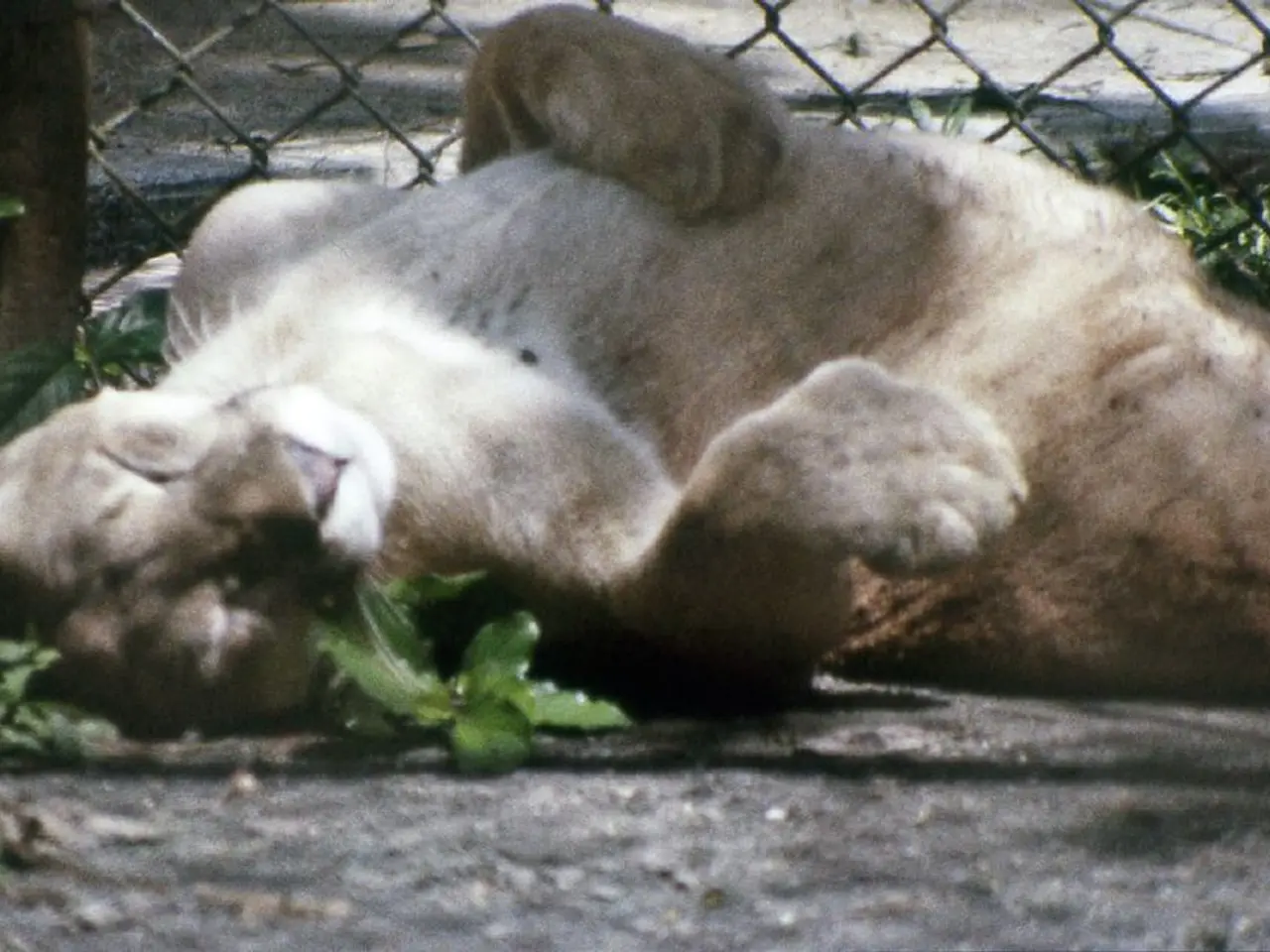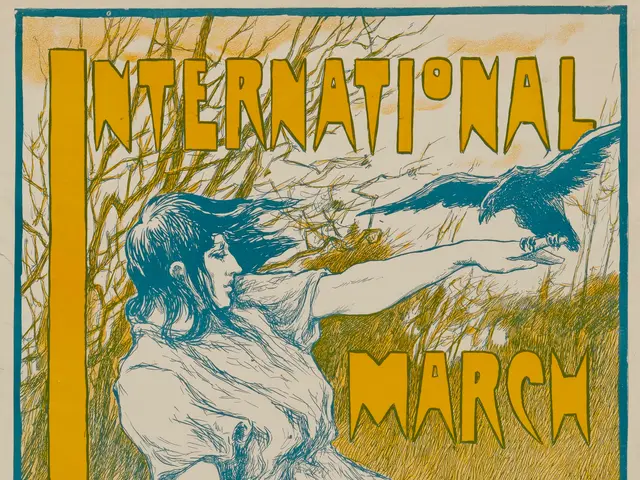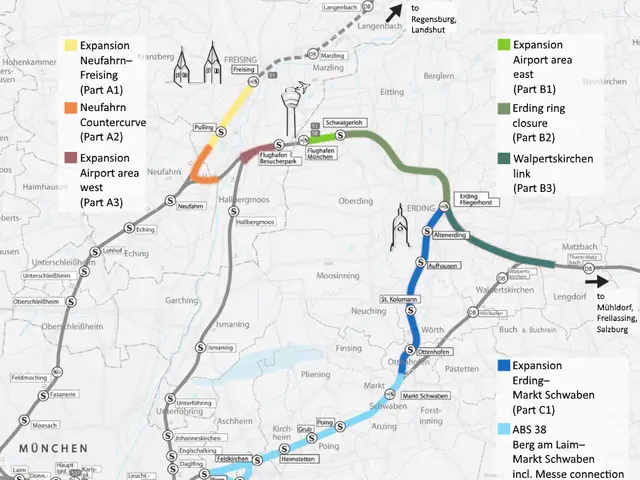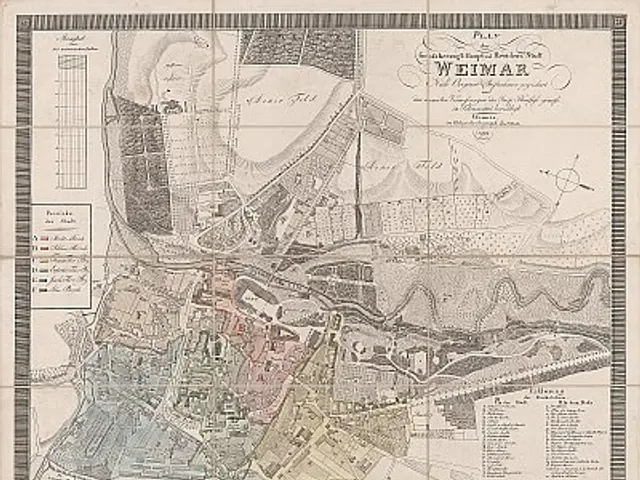Youth aged 14 and below are partaking in a ruthless cat-slaughtering competition, resulting in the demise of around 300 felines.
In the picturesque landscapes of New Zealand, a controversial event is stirring up controversy. The North Canterbury Hunting Club organized a fundraising event on June 30, 2024, which included the hunting of deer, pigs, ducks, rabbits, possums, and for the first time, feral cats.
The event, which attracted over 1,500 participants, including approximately 440 children under 14, has been a subject of intense debate. At the heart of the controversy lies the urgent need to control New Zealand's feral cat population, which poses a serious threat to the country's biodiversity.
Feral cats, estimated to number up to 8 million, are considered a major threat to native wildlife, killing millions of native animals annually. Supporters of the event argue that traditional control methods have been ineffective and that stronger, community-engaged actions are necessary to prevent further biodiversity loss.
However, the inclusion of feral cats in the event has sparked a furious backlash from animal rights activists. Critics argue that such events may normalize cruelty and do not address the problem humanely or sustainably. The ethics of children participating in the hunting of cats has also been a point of contention.
Matt Bailey, the event organizer, defends the feline category, stating that feral cats threaten native wildlife and carry diseases that endanger farmers' livestock. He also emphasizes that rural children grow up in an environment where hunting is a part of life.
The event follows strict guidelines to ensure domestic cats are not targeted. Feral cats must be trapped first to confirm their status before being humanely killed with a minimum of a .22 rifle. Hunting is restricted to non-residential areas, with traps set at least 10km away.
Despite the controversy, the event has proven to be a significant fundraiser. This year, it raised approximately $60,000 for a local school and community pool. The venison from the deer hunt was processed and donated to food banks.
The debate over the feral cat hunting event highlights a complex controversy: the urgent conservation imperative to protect native wildlife from feral cats contrasted with societal concerns over humane treatment of animals, especially in contexts involving children. This debate continues as New Zealand grapples with controlling one of its worst predators while navigating public opinion and ethical norms.
Parliamentary discussions reflect this divide, with some calls for incentives, like a $15 bounty, to encourage feral cat hunting as part of broader conservation hunting programs, under proper oversight to ensure responsible management.
Meanwhile, both hunters and animal rights groups agree on the need for responsible cat ownership, emphasising the importance of neutering cats to prevent unplanned breeding and the abandonment of unwanted litter.
The event in North Canterbury is not without its share of controversy, but it serves as a reminder of the delicate balance between conservation needs and ethical considerations in managing New Zealand's wildlife.
The debate over the North Canterbury Hunting Club's event, which includes the hunting of feral cats, has escalated due to the urgent need for controlling New Zealand's feral cat population and concerns about animal rights, humane treatment, and child participation. This event, while stirring up general news and politics, is also a matter of policy-and-legislation, as parliamentary discussions reflect a divide on incentives for feral cat hunting and responsible cat ownership. Meanwhile, the controversy surrounding the event underscores the crime-and-justice implications of feral cats, posing a threat to the country's biodiversity and farmers' livestock.







